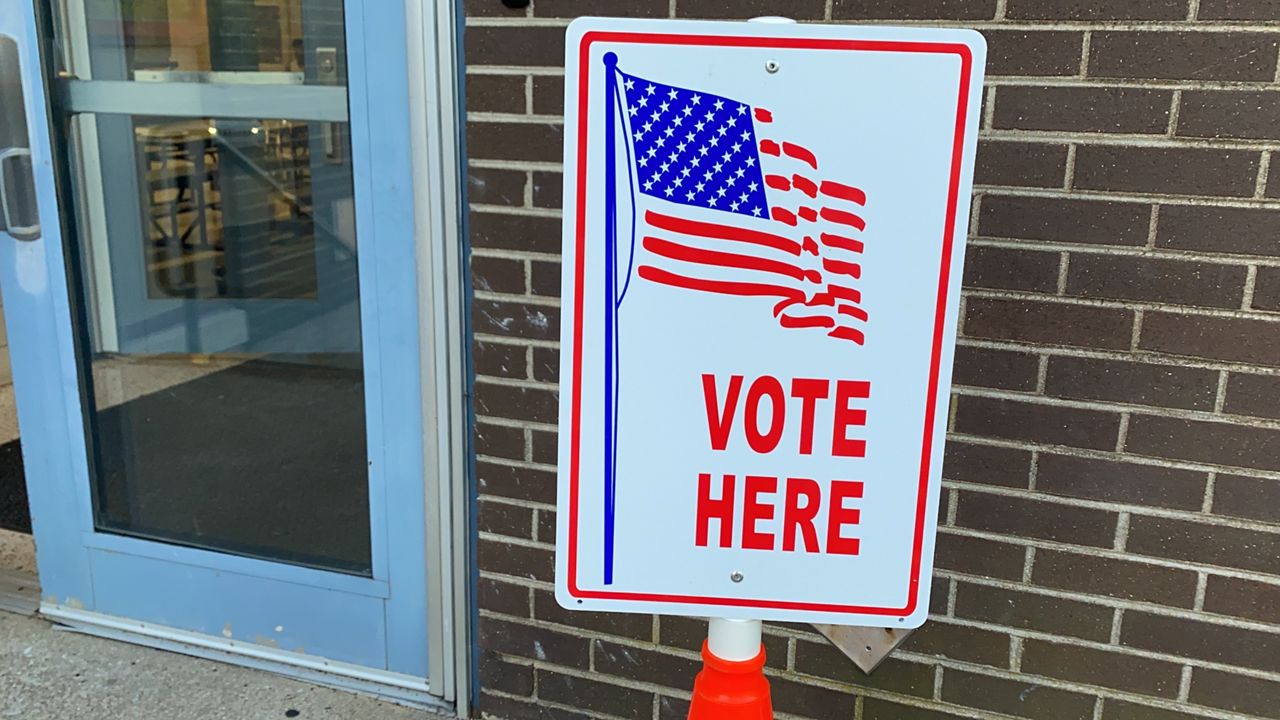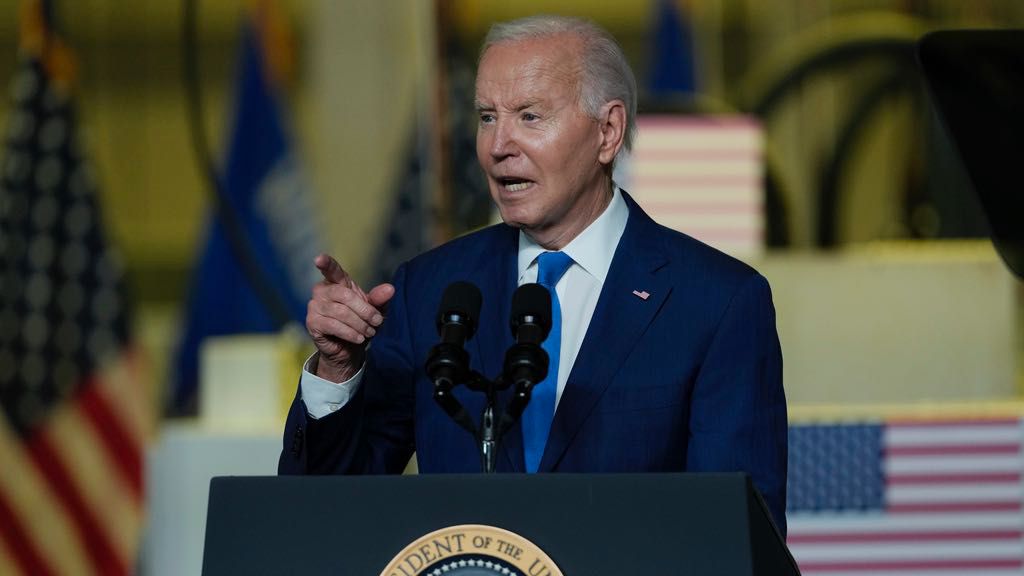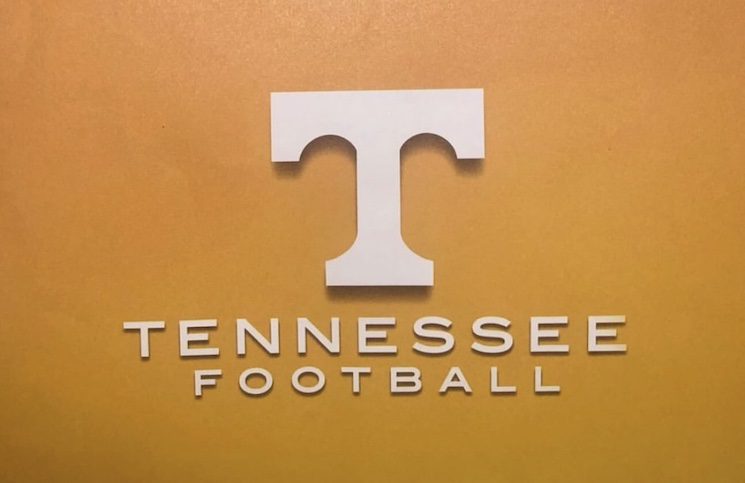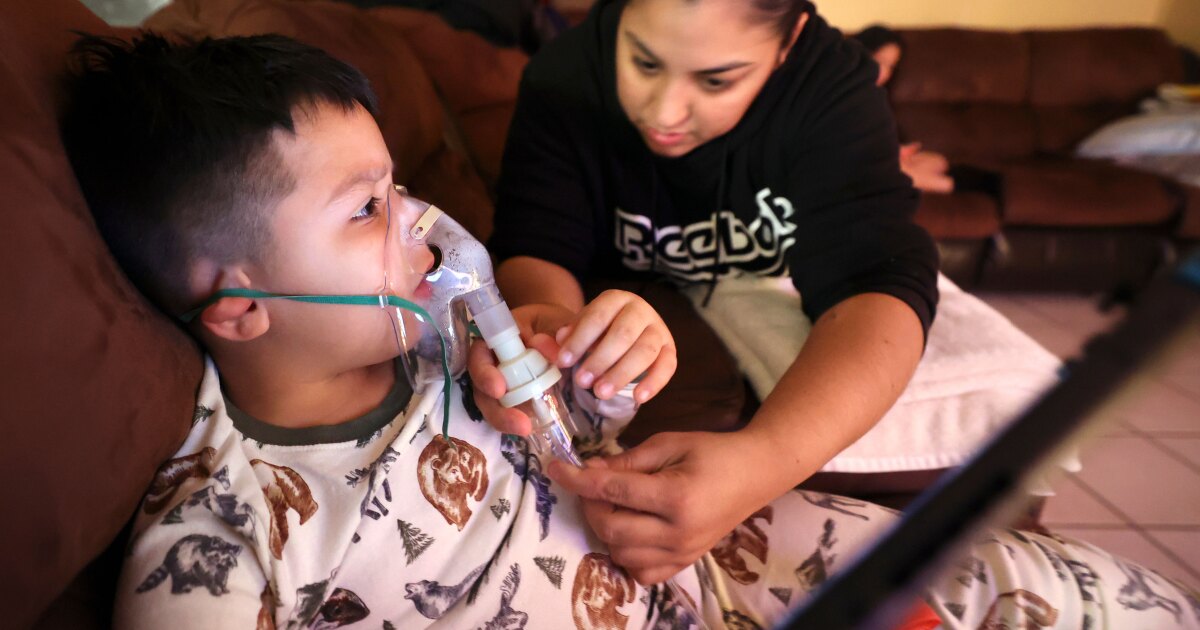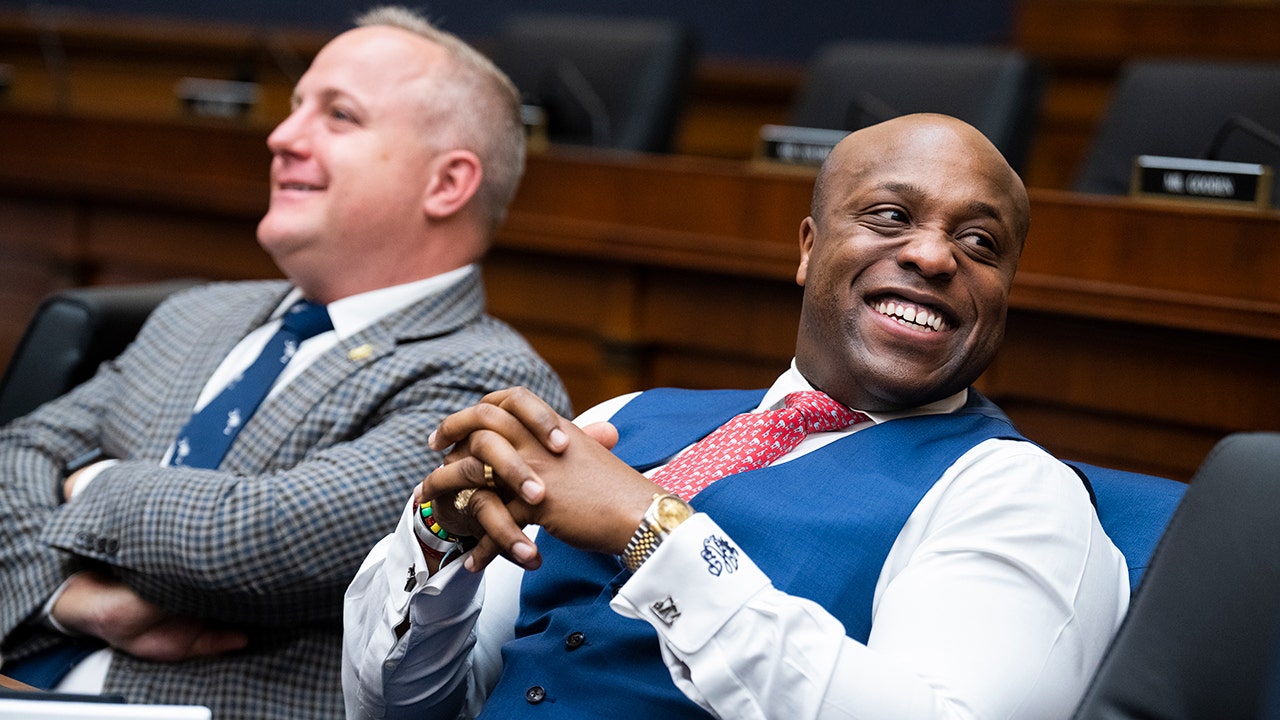World
The US relationship with China faces a test as Taiwan elects a new leader
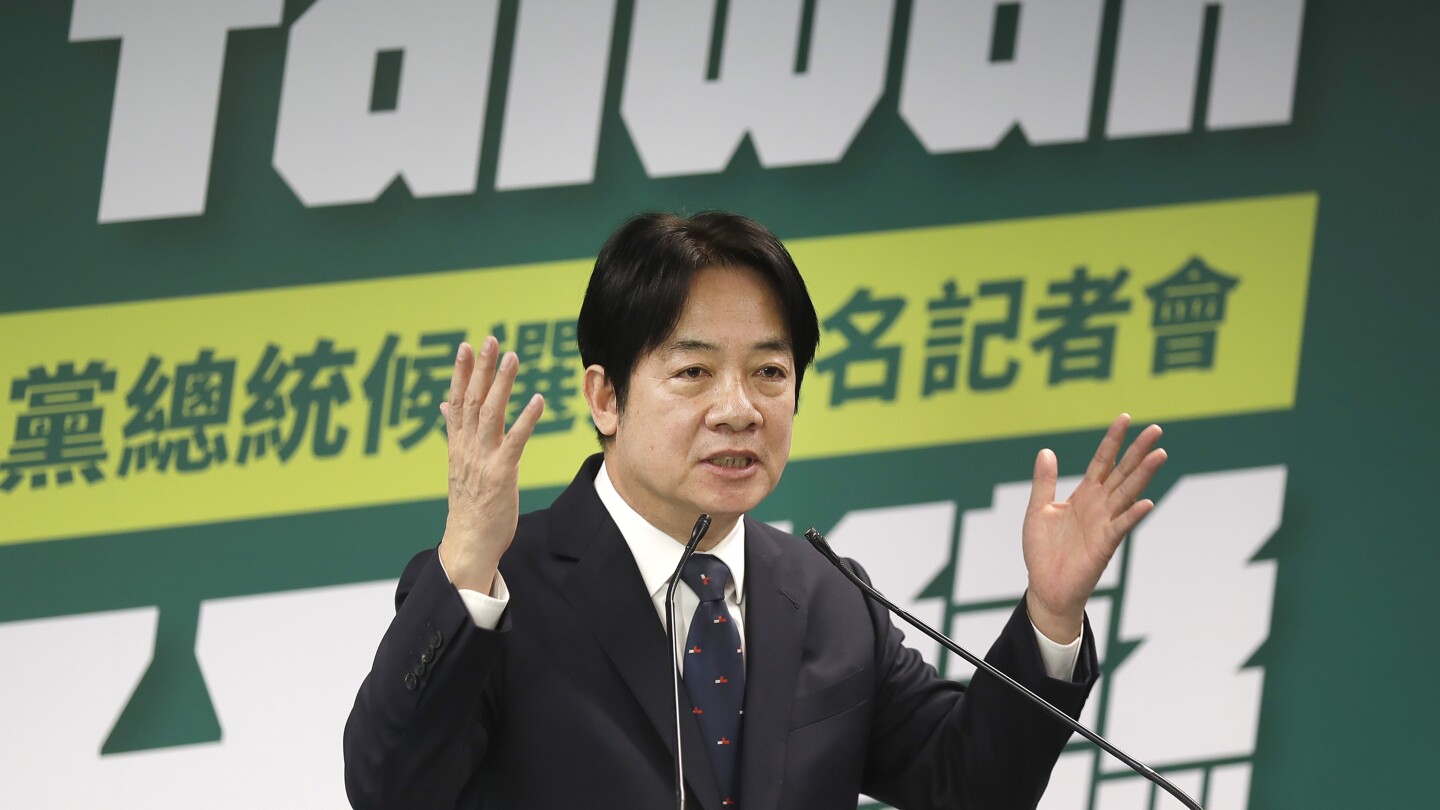
WASHINGTON (AP) — Washington’s relationship with Beijing will face its biggest test since the leaders of the two countries met in November, as the United States seeks to keep the Taiwan Straits calm after Taiwanese v oters select a new president this weekend.
At stake is the peace and stability of the 110-mile-wide (177-kilometer-wide) strip of water between the Chinese mainland and the self-governed island. Any armed conflict could put Washington head-to-head against Beijing and disrupt the global economy.
China fears that a victory in Saturday’s election by the front-runner would be a step toward independence and has suggested to Taiwan’s voters that they could be choosing between peace and war.
Washington is prepared to work with both Taipei and Beijing to avoid miscalculations and an escalation in tensions, regardless of which presidential candidate wins, officials and observers say.
A senior White House official said the U.S. will keep channels of communication open with China and will stay in close contact with Taiwan to “reinforce both our support for Taiwan’s democratic processes and also our strong commitment to peace, stability and the status quo.” The official spoke to reporters on Thursday on the condition of anonymity to discuss the plans.
President Joe Biden plans to send an unofficial delegation of former senior officials to the island shortly after the election. The U.S. has no formal ties with Taiwan and sending an official delegation would enrage Beijing, which considers the island Chinese territory.
Anticipating a “period of higher tensions” ahead, the official said the U.S. is preparing for different reactions from Beijing, depending on the election results, that may range from no response to military actions.
On Saturday, the island of 23 million people will choose a new president to replace Tsai Ing-wen, who has served the limit of two terms. The election has drawn high attention because Beijing is opposed to front-runner Lai Ching-te, the candidate from the governing Democratic Progressive Party, which is known for its pro-independence learnings. This has raised concerns that a Lai win could trigger a military response from the mainland.
Beijing has vowed to unify with Taiwan, by force if necessary. Any military action could draw in the United States, which provides Taiwan with military hardware and technology under a security pact.
Washington, while not taking sides on Taiwan’s sovereignty, opposes any unilateral change to the status quo by either side. It has shown no official preference for any candidate.
Biden, when meeting with Chinese President Xi Jinping in November in California, stressed the importance of peace and stability in the Taiwan Straits. Xi pressed Biden to support China’s peaceful reunification with the island and told him “the Taiwan question remains the most important and most sensitive issue in China-U.S. relations.”
No matter who wins Saturday’s election, Washington will engage with the new Taiwanese government to strengthen ties and focus on deterring military aggression from Beijing, lawmakers and observers have said.
“The U.S. will exchange notes with Taiwan to preserve stability and for Taiwan to be resilient going forward,” said Bonnie Glaser, managing director of the Indo-Pacific program at the German Marshall Fund.
“Regardless of who wins, the American people will stand with the people of Taiwan and the vibrant, beautiful democracy of Taiwan,” Rep. Raja Krishnamoorthi of Illinois said Wednesday at a discussion hosted by Politico. “And that’s on a bipartisan basis.” He is the ranking Democrat on a House select committee regarding strategic competition between the U.S. and the Chinese Communist Party.
Republican Rep. Andy Barr of Kentucky said at the same discussion that the U.S. and all of Taiwan’s political parties believe in deterrence. “We will work with whoever wins this election to reestablish and strengthen that deterrence,” Barr said.
The overwhelming support among Taiwanese for maintaining the status quo means U.S. policy would largely stay the course regardless of who wins the election, said Scott Kennedy, senior adviser and trustee chair in Chinese business and economics at the Center for Strategic and International Studies.
“No one wants to provoke a war, and the current situation is minimally acceptable to almost everyone, whether in Taiwan, mainland China, or the United States,” Kennedy said.
All of Taiwan’s presidential candidates have come to see a solid relationship with the U.S. as strong deterrence against a hostile takeover of the island by Beijing, said Rorry Daniels, managing director of the New York-based Asia Society Policy Institute.
If elected, Lai is unlikely to rock the boat by taking drastic steps toward statehood, as his party has proved to be prudent and pragmatic under Tsai, observers say.
“Tsai has built a positive image in Washington,” said John Dotson of the Washington-based think tank Global Taiwan Institute. “She’s turned out to be very moderate in office.”
While Tsai has infuriated Beijing by refusing to acknowledge Taiwan as part of China, she also has refrained from moving toward declaring independence. Lai would be expected to follow in her footsteps. Washington would likely see a Lai presidency as a “third Tsai term,” Dotson said.
But a Lai win could trigger angry responses from Beijing, including military exercises near the island. Experts say Beijing likely would be restrained because it is eager to protect the U.S.-China relationship, especially after the Biden-Xi meeting in November.
The challenge for Taipei and for Washington would be to manage Beijing’s anxiety that Taiwan could be “creeping into independence,” said Daniels of the Asia Society Policy Institute.
Lai is closely trailed by Hou Yu-ih, the candidate from the opposition Kuomintang party. Beijing is accused of waging an influence campaign in favor of Hou, whose party sees Taiwan as part of China, although not necessarily under Beijing’s rule. Yet a Kuomintang victory would not upend U.S. policy, given that popular opinion on the island overwhelmingly favors the status quo, observers say.
Should Hou be elected, Washington, which has a history of working with the Kuomintang, would be prepared to engage with him to continue strengthening U.S-.Taiwan relations, and any easing in cross-strait tensions that would come with his election could allow the U.S. to focus on other issues, said Brian Hart, a fellow of the China Power Project at the Center for Strategic and International Studies.
A warmer cross-strait relationship could bring new complexities to U.S.-China relations. “There will be more to coordinate,” Daniels said. But as Beijing would likely put pressure on a Kuomintang government to move toward reunification, Washington could help Hou manage that pressure, she said.
The third candidate, Ko Wen-je of the newly minted Taiwan People’s Party, could be the biggest challenge for Washington if he were to be elected. His party has yet to be tested and build a relationship with Washington, but observers note that Ko has expressed interest in working with the U.S.
“The Biden administration has gone out of its way to have no preference,” Hart said. “There’s an opportunity regardless who wins. The U.S. is truly not trying to weigh in on this.”
“From the U.S. perspective, what we want Taiwan to do at a higher degree is to invest in its defense, to deter China’s aggression,” Hart said.

World
Israeli tanks push deeper into Rafah; battles rage in northern Gaza

World
Former Gambian interior minister sentenced for crimes against humanity by Swiss court
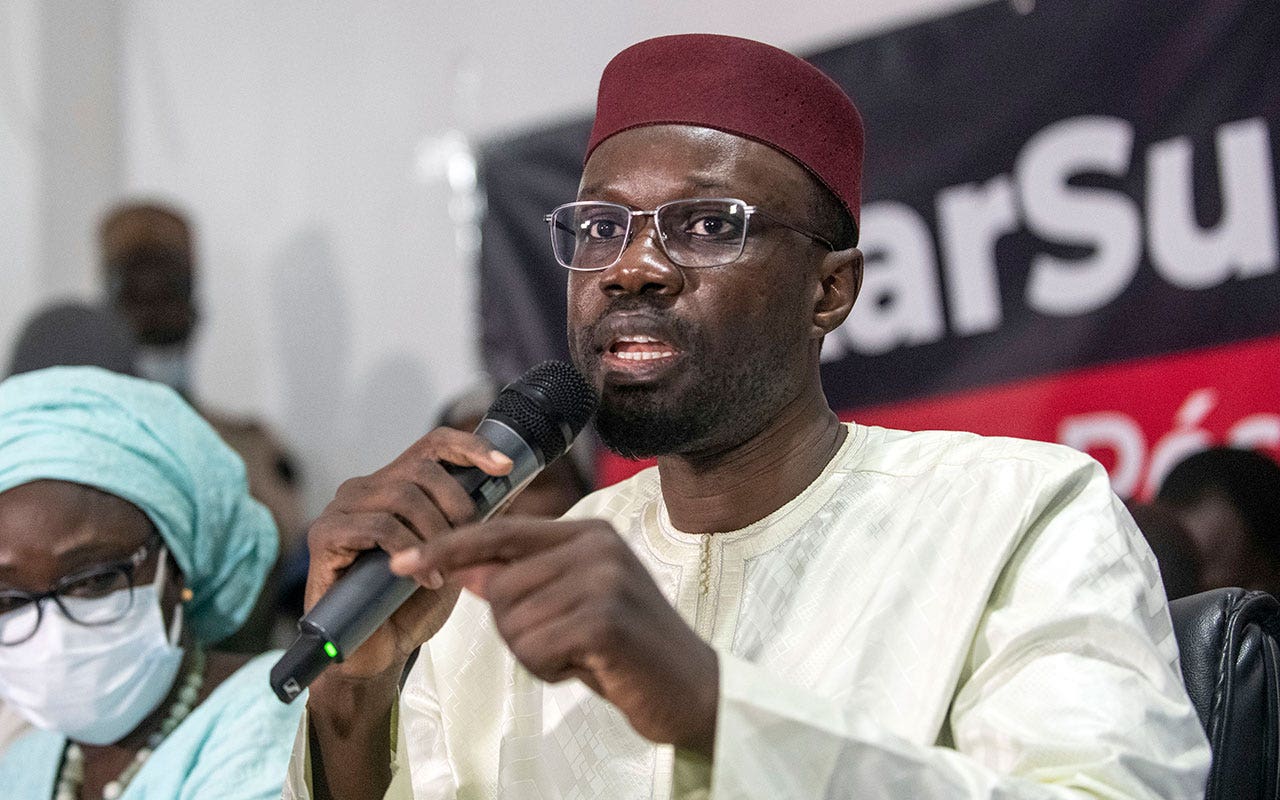
- Switzerland’s top criminal court convicted former Gambian Interior Minister Ousman Sonko of crimes against humanity.
- Sonko has been sentenced to 20 years in prison for his role in repression under ex-dictator Yahya Jammeh.
- Sonko, who served from 2006 to 2016, faced charges including homicide, torture and false imprisonment.
Switzerland’s top criminal court on Wednesday convicted a former interior minister of Gambia for crimes against humanity and sentenced him to 20 years over his role in repression committed by the west African country’s security forces under its longtime dictator, a legal advocacy group said.
Prosecutors had been seeking a life sentence for Ousman Sonko, Gambia’s interior minister from 2006 to 2016 under then-President Yahya Jammeh, TRIAL International said.
The Federal Criminal Court in the southern town of Bellinzona ruled that Sonko’s crimes — including homicide, torture and false imprisonment — amounted to crimes against humanity. However, they did not rise to “aggravated” cases that could have brought the maximum penalty of life behind bars, according to several lawyers who attended the trial.
SENEGAL’S OPPOSITION LEADER OUSMANE SONKO TO ADDRESS SUPPORTERS AFTER MONTHS IN PRISON
The trial, which began in January, was hailed by advocacy groups as a watershed application of the principle of “universal jurisdiction,” which allows for the prosecution of serious crimes committed abroad.
Legal advocacy group TRIAL International said on Wednesday that Ousman Sonko, pictured above, has been sentenced to 20 years in prison. (AP Photo/Sylvain Cherkaoui, File)
Activists and legal experts say the verdict could send a message to Jammeh, who fled Gambia and remains in exile in Equatorial Guinea.
Sonko, who was in the courtroom for Wednesday’s reading of the verdict, offered little reaction when a translation was read out in English, said TRIAL International’s legal adviser Benoit Meystre, who also attended the proceedings.
Sonko applied for asylum in Switzerland in November 2016 and was arrested two months later. The Swiss attorney general’s office said his indictment, filed a year ago, covered alleged crimes during 16 years under Jammeh, whose rule was marked by arbitrary detention, sexual abuse and extrajudicial killings.
TOP SENEGALESE OPPOSITION LEADER FREED FROM JAIL AS ELECTION NEARS
Sonko was accused of supporting, participating in and failing to stop attacks against opponents in Gambia, an English-speaking West African country surrounded by neighboring Senegal. The crimes included killings, torture, rape and numerous unlawful detentions, prosecutors said.
“This unprecedented conviction based on universal jurisdiction in Europe is the confirmation that no one is above the reach of justice,” Meystre said in a text message. “Even the most powerful figures can be brought to account for their participation in mass atrocities.”
Madi MK Ceesay, an award-winning journalist who was once arrested under Sonko’s orders and who testified in the trial, told The Associated Press the proceedings showed that “no matter what, the long arm of justice can always catch the perpetrator.”
Reed Brody, an American human rights lawyer who attended the trial, said Sonko’s conviction was a pivotal step toward justice for Jammeh’s victims.
“The long arm of the law is catching up with Yahya Jammeh’s accomplices all around the world, and hopefully will soon catch up with Jammeh himself,” he said.
Sonko was convicted of homicide, torture and false imprisonment as crimes against humanity, while rape charges against him were dropped, Brody wrote on X.
Outside the courtroom, Olimatou Sonko, the defendant’s daughter, told Swiss public broadcaster SRF “it isn’t fair” that the full proceedings of the trial weren’t translated to English from German, which her father doesn’t understand.
Philip Grant, executive director at TRIAL International, which filed the Swiss case against Ousman Sonko before his arrest, said he was the highest-level former official ever to be put on trial in Europe under the principle of universal jurisdiction.
Sonko, who joined the Gambian military in 1988, was appointed commander of the State Guard in 2003, a position in which he was responsible for Jammeh’s security, Swiss prosecutors said. He was made inspector general of the Gambian police in 2005.
He was removed as interior minister in September 2016, a few months before the end of Jammeh’s government, and left Gambia to seek asylum in Europe.
Ousman Sonko is not to be confused with leading politician Ousmane Sonko in Senegal, who spells his first name slightly differently.
Jammeh seized control in a 1994 coup. He lost Gambia’s 2016 presidential election but refused to concede defeat to Adama Barrow, and ultimately fled amid threats of a regional military intervention to force him from power.
“The verdict against Ousman Sonko is a milestone in the fight against impunity and a historic success for universal jurisdiction in Switzerland and Europe,” Amnesty Switzerland wrote on X. “Even former ministers can be prosecuted! Victims and their families finally see justice.”
World
EBU woes deepen as political parties excluded from EU election debate
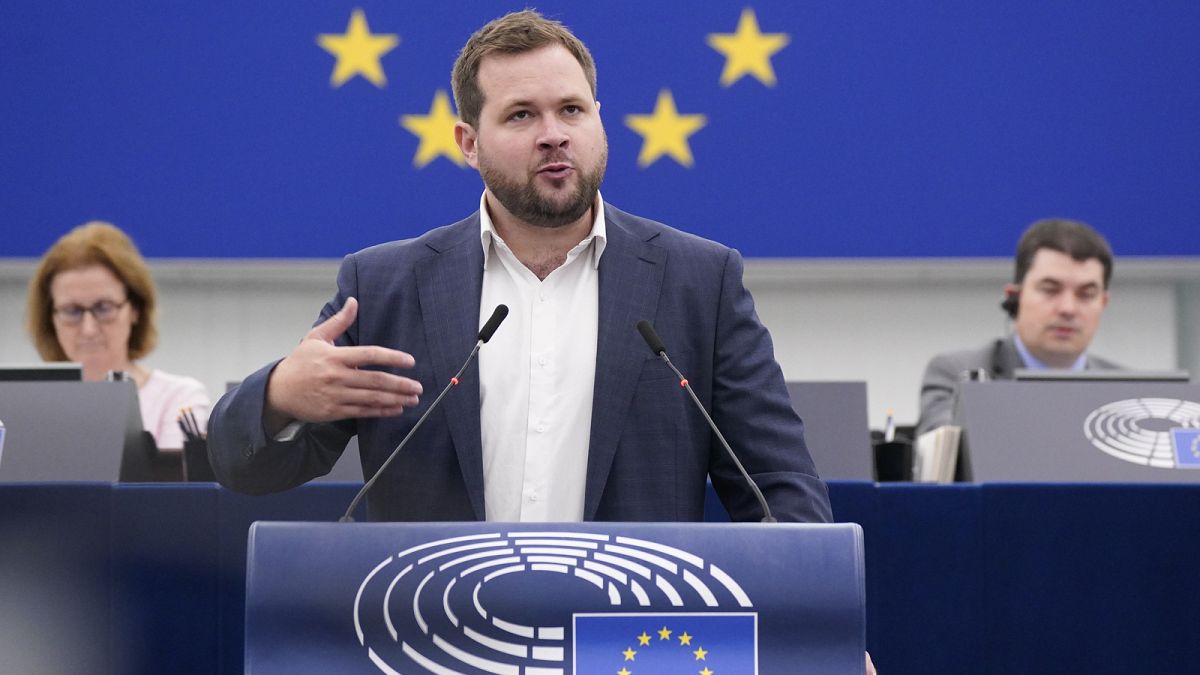
The broadcaster says only parliamentary groups fielding a lead candidate in June’s election can be represented at the televised stand-off.
The European Broadcasting Union (EBU) is under further scrutiny after it was accused by two political parties of excluding them from its Eurovision election debate.
The far-right Identity and Democracy (ID) party and the regionalist, separatist European Free Alliance (EFA) both say they have been intentionally shunned by the organisers of the debate, set to take place at the European Parliament in Brussels on May 23 ahead of June’s European elections.
In correspondence seen by Euronews, the ID Party – which harbours the likes of France’s Rassemblement National, Italy’s Lega and Germany’s Alternative für Deutschland and which forms its own group in the European Parliament – was told by the EBU that it could not be represented at the debate because it had not fielded an official lead candidate, known as Spitzenkandidat, for the ballot.
The Spitzenkandidat process requires all major European parties to select a lead candidate to bid for the role of president of the European Commission, the bloc’s powerful executive arm. But the process has been notoriously spurned in the past, with current president Ursula von der Leyen parachuted to the role in 2019 despite not officially running.
In a letter addressed to European Parliament President Roberta Metsola, also seen by Euronews, the ID group’s co-chairs claim the EBU’s rules are inconsistent. Other parties fielding more than one lead candidate, which ID says also “goes against” the principle of the Spitzenkandidat, have been invited to the debate.
Renew Europe, which is fielding three lead candidates, will be represented by Sandro Gozi, while the Greens, who have two lead candidates, will send Terry Reintke to the televised stand-off.
The EBU says that it sent invitations to parties from the seven political groups in the European Parliament and made clear that the Eurovision debate was a “forum for lead candidates for the position of European Commission President” under the Spitzenkandidat system.
“Two parties, the ECR and ID, declined to nominate a lead candidate and have therefore made themselves ineligible for this particular debate,” the Geneva-based broadcasting union said in a statement shared with Euronews.
ID has urged President Metsola to weigh in and urge the EBU to retract the decision and allow MEP Anders Vistisen of the far-right populist Danish People’s Party to participate on behalf of the group.
The EBU debate is one of three electoral debates taking place ahead of June’s vote. Vistisen represented the ID group in the Maastricht debate held in April while Maylis Roßberg took part on behalf of the EFA.
EFA also criticises its exclusion
The European Free Alliance (EFA), home to Europe’s regionalist and separatist parties, also published a statement on Tuesday alleging it had been deliberately excluded from the debate.
The party sits along with the Greens as part of the Greens/EFA group in the European Parliament. According to the EBU, its rules mean only one candidate from each of the parliament’s seven political groups can take place in the debate, in this case the Greens’ Terry Reintke.
“In coordination with the European Parliament, the EBU invited political parties in the European Parliament to nominate one Lead Candidate from each of the 7 official political groups represented,” the EBU told Euronews in a statement.
“The parties within those groups made the selection of the lead candidate. For the Group of the Greens/European Free Alliance, the lead candidate put forward was Terry Reintke, from the party of European Greens,” it adds.
EFA has nominated two lead candidates for June’s election, 23-year-old Roßberg from the Danish-German border region and Catalan independentist Raül Romeva, a former MEP sentenced to a 12-year prison term in 2019 on charges of sedition, but pardoned by Spanish prime minister Pedro Sánchez in 2021.
In its statement, EFA claims that the parliament’s spokesperson Jaume Duch had asked the party to nominate a responsible contact person for discussions with the EBU in January and that a kick-off meeting was held, but that no communication was then received.
It says that the rules limiting speakers to one lead candidate per political group were communicated to them on 30 April 2024, and denounces the EBU for its “lack of communication and transparency.”
“We want to express our deepest disappointment and unconformity with this decision. European democracy deserves more. By shutting the door on our participation, the EBU is not only silencing the voices of smaller parties but also undermining the principles of democracy and inclusivity,” the party said.
The EBU maintains that its rules were made clear to all parties, and that it looks forward to a “successful and meaningful political debate at a crucial time for European politics.”
Both the ID group and the EFA are calling on the EBU to rectify its decision.
Adding fuel to fire
The allegations come just a day after the European Commission censured the EBU’s decision to ban EU flags at the Eurovision Song Contest in Malmö, Sweden over the weekend.
Commission Vice-President Margaritis Schinas sent a letter to the broadcaster on Monday asking for the “rationale” behind the ban and for it to attribute “responsibility where it is due”.
The EBU said its decision was linked to “heightened geopolitical tensions” around the song contest, during which pro-Palestinian protesters marched against the participation of Israel due to its ongoing offensive in the Gaza Strip.
-

 Politics1 week ago
Politics1 week agoHouse Dems seeking re-election seemingly reverse course, call on Biden to 'bring order to the southern border'
-

 Politics1 week ago
Politics1 week agoFetterman says anti-Israel campus protests ‘working against peace' in Middle East, not putting hostages first
-

 News1 week ago
News1 week agoUS man diagnosed with brain damage after allegedly being pushed into lake
-

 World1 week ago
World1 week agoGaza ceasefire talks at crucial stage as Hamas delegation leaves Cairo
-

 World1 week ago
World1 week agoStand-in Jose Raul Mulino wins Panama presidential race
-

 World1 week ago
World1 week agoTech compliance reports, Newsletter
-

 News1 week ago
News1 week agoCompass Direct LLC’s 2024 Registration in North Carolina
-

 News1 week ago
News1 week agoColumbia University cancels its main commencement ceremony after weeks of turmoil


